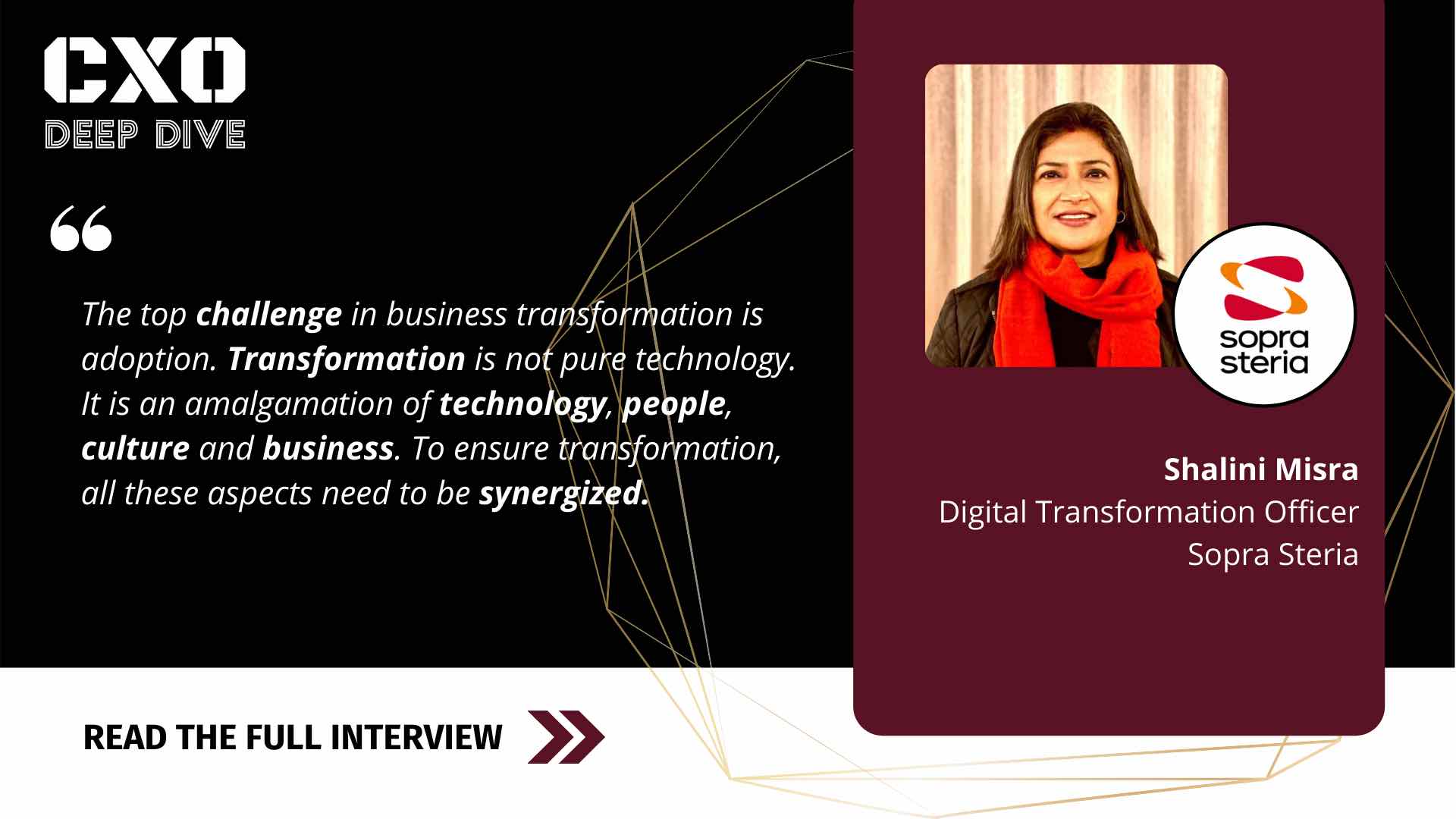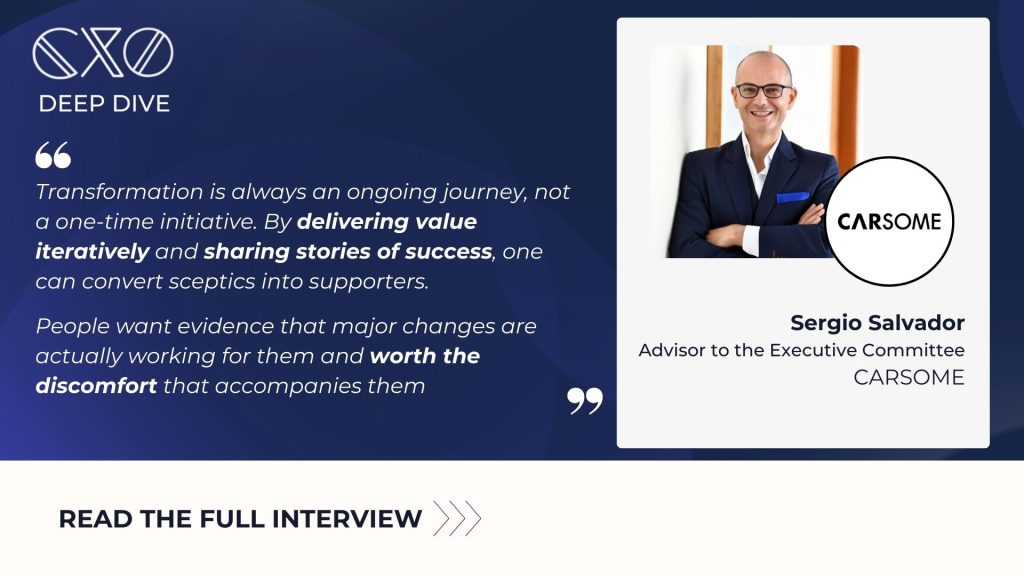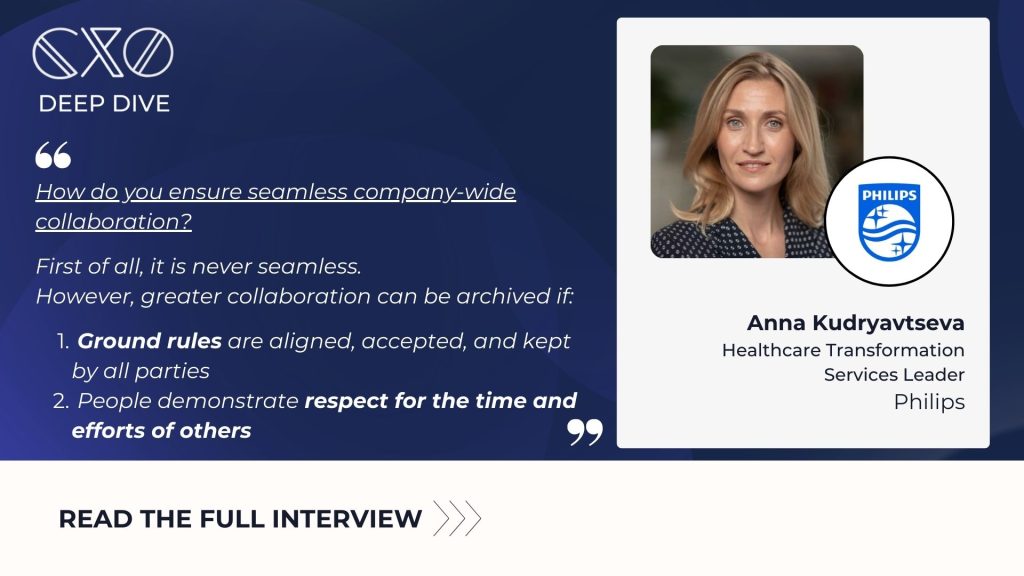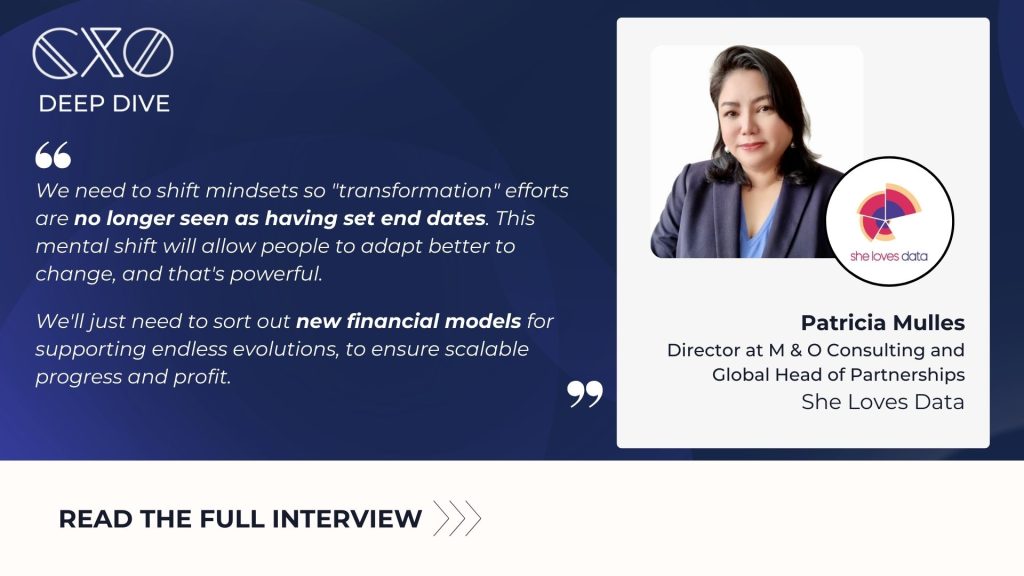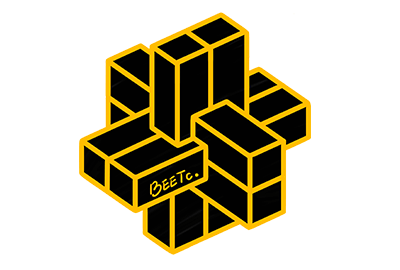What are the top challenges in your business transformation process?
The top challenge in business transformation is adoption. Transformation is not pure technology. It is an amalgamation of technology, people, culture and business. To ensure transformation, all these aspects need to be synergized.
How can companies ensure “customer-centricity” across mobile devices as they digitally transform?
Focus should be on ease of use and ubiquitous experience. Seamless context carry-over is essential for hyper personalized experience. That is the key to customer centricity. Ensuring that regardless of the device being used, the context is carried over and a personal experience is provided.
What are the biggest changes you expect in how industries will operate in the future?
The pandemic this year has ensured a rethink in most organizational strategies. I believe “cost” shall be a major factor going forward. To ensure savings, most people shall look at state through processes and hyper automation – thereby ensuring that AI/ML becomes a part of business as usual.
What will be the next evolution of advanced tech that we can expect in the coming years?
AI will become all pervasive and no sphere of life will remain untouched by it.
5G/6G.
IoT.
Brain-Computer Interface.
What do you think are the biggest challenges organisations face in the adoption of disruptive technologies?
The top challenge in business transformation is adoption. Transformation is not pure technology. It is an amalgamation of technology, people, culture and business. To ensure transformation, all these aspects need to be synergized.
How do you achieve successful change management and shifts in culture, mindset and behaviours to adopt new digital tools (especially in large organisation)?
To achieve adoption, I personally believe, the key is customer experience. When experience is seamless and personalized, along with involvement of stakeholders from the start of development to the go-live, adoption is easier. Stakeholders need to feel engaged and be a part of the process and not just the consumer.
For those who haven’t fully embraced the digital world, is it fundamental to future success?
Yes, you have to go digital one way or another if you want to survive.
How has your approach to transformation changed due to new tools and solutions?
Now there are solutions in the market that can be customized for ones use, are codeless and provide a personalized experience. They are also available as APIs that can be seamlessly integrated with existing processes and bring efficiencies. This has ensured easier adoption and people have started focusing on business usage around the usage of these tools.
What is the best way to incorporate agile ways of working to accelerate transformation?
To accelerate transformation, we have created a safe working environment, where people are free to experiment and failure is tolerated and learnt from. We have also ensured that there is a principle of “fail fast” that we are adhere to. To ensure that things do not fall into chaos due to this approach, we have come up with certain management principles for our teams:
1. Tolerance for failure but no tolerance for incompetence.
2. Willingness to experiment but highly principled.
3. Psychologically safe but brutally candid.
4. Collaboration but individual accountability.
5. Flat but strong leadership.
This has ensured future ready, cohesive organization that synergizes to create value.
What do you think are the biggest challenges organisations face in the adoption of AI?
Traditional mindset of top management.
Lack of knowledge/expertise to use AI.
Stakeholder resistance.
How do you ensure seamless company-wide collaboration?
There are innumerable collaborative tools that can be utilized for the purpose. We used internal platforms that allow us to synergize expertise across geographies to provide solutions for our customers. We have also created accelerators that have been hosted on the internal marketplace for utilization by colleagues across all geographies.
With the rise of AI, should you add in-house capabilities or outsource to specialists?
I believe AI is best left to specialists as they ensure faster, better & scalable solutions. As we are the specialists in this, we have provided AI based no-code/low-code custom solutions to our customers and have been a partner in their Digital Transformation journey.
Visit our content library for more: https://cxoinnovation.com/content-library/
